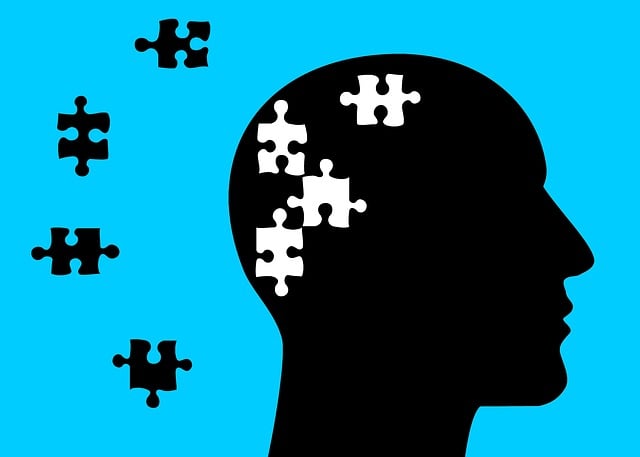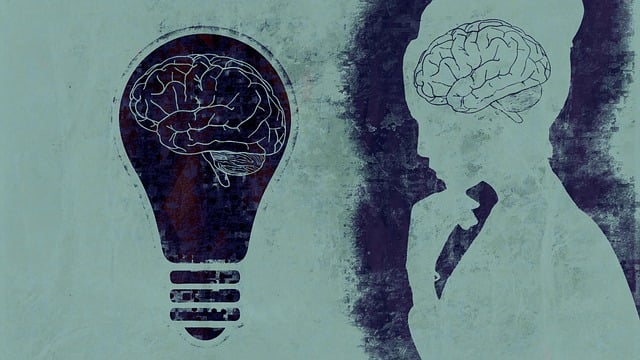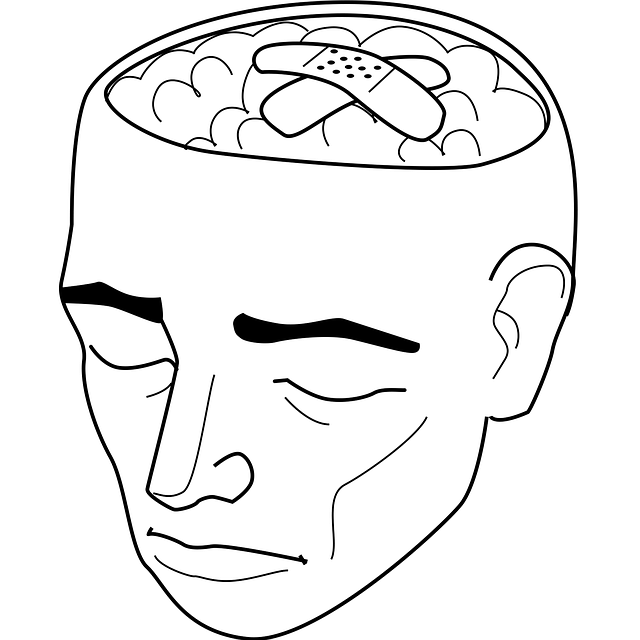Positive thinking is a powerful tool for enhancing mental health, particularly beneficial for individuals in Arvada with ADD-ADHD. Self-awareness exercises and emotional healing processes, as discussed in the Mental Wellness Podcast Series Production, challenge negative thought patterns with optimistic, realistic ones. This leads to improved mood, increased motivation, and better stress/anxiety coping strategies, ultimately improving overall mental wellness. Arvada ADD-ADHD Therapy identifies and addresses negative thoughts, incorporating techniques like gratitude practices and cognitive reframing into daily routines. These practices promote emotional well-being, reduce anxiety, and improve sleep. Tracking progress through journaling or digital tools ensures the treatment plan remains effective and adaptable to individual needs.
“Unleash the power of positivity with our comprehensive guide to implementing positive thinking exercises, tailored for individuals seeking Arvada ADD-ADHD therapy. Discover how cultivating an optimistic mindset can significantly impact mental health and reduce ADHD symptoms. Learn effective strategies to identify and challenge negative thought patterns, enhance focus, and boost overall well-being. From practical techniques to incorporating gratitude and mindfulness, this article offers actionable steps for a transformative journey towards a brighter, more positive future.”
- Understanding Positive Thinking and its Impact on Mental Health
- Identifying Negative Thought Patterns: A Key Step in Arvada ADD-ADHD Therapy
- Practical Techniques for Implementing Positive Thinking Exercises
- Incorporating Gratitude and Mindfulness in Daily Routines
- Tracking Progress and Maintaining a Positive Mindset Over Time
Understanding Positive Thinking and its Impact on Mental Health

Positive thinking is a powerful tool for enhancing mental health and overall well-being. It involves consciously focusing on positive beliefs and attitudes, even in challenging situations. This simple yet profound practice can significantly impact an individual’s daily life and overall resilience. By adopting a positive mindset, individuals with conditions like ADD-ADHD in Arvada can learn to manage symptoms more effectively.
In the context of mental wellness, self-awareness exercises and emotional healing processes benefit greatly from positive thinking. The Mental Wellness Podcast Series Production often emphasizes the importance of this technique as it helps individuals challenge negative thought patterns and replace them with more realistic, optimistic ones. This shift in perspective can lead to improved mood, increased motivation, and better coping strategies for stress and anxiety.
Identifying Negative Thought Patterns: A Key Step in Arvada ADD-ADHD Therapy

Identifying negative thought patterns is a fundamental step in Arvada ADD-ADHD therapy. Many individuals struggling with Attention Deficit Disorder (ADD) or Attention Deficit Hyperactivity Disorder (ADHD) often fall into repetitive cycles of self-doubt, pessimistic predictions, and overgeneralization, which can exacerbate symptoms like impulsivity, restlessness, and difficulty concentrating. Through targeted exercises and strategies, therapists in Arvada help patients become more aware of these negative thought patterns, enabling them to challenge and replace them with healthier, more balanced perspectives.
This process involves enhancing self-awareness exercises, a key component of depression prevention. By recognizing when negative thoughts arise and understanding their impact, individuals can implement effective risk management planning for mental health professionals. This proactive approach, tailored to the unique needs of each patient, forms the backbone of successful Arvada ADD-ADHD therapy, paving the way for improved mood regulation, enhanced cognitive function, and overall well-being.
Practical Techniques for Implementing Positive Thinking Exercises

Implementing positive thinking exercises into daily routines can transform one’s mindset and overall well-being. A simple yet powerful technique is to start each day with a gratitude practice, where individuals take a few moments to reflect on and appreciate the good in their lives. This can be done through writing a gratitude list or simply sharing thoughts with loved ones, fostering a sense of positivity and resilience. For instance, Arvada ADD-ADHD Therapy encourages clients to begin each session by jotting down three things they’re grateful for, helping to set a positive tone.
Another effective strategy is cognitive reframing, which involves challenging negative thoughts and replacing them with more positive and realistic ones. This process, often used in Mental Illness Stigma Reduction Efforts, promotes cultural sensitivity in mental healthcare practice by fostering an environment of understanding and acceptance. By learning to reframe thoughts, individuals can improve their mood and reduce symptoms associated with various mental health conditions. Additionally, healthcare providers can utilize Burnout Prevention Strategies, incorporating positive thinking exercises into their self-care routines to enhance resilience and mitigate the risks of professional burnout.
Incorporating Gratitude and Mindfulness in Daily Routines

Incorporating gratitude and mindfulness into daily routines is a powerful way to enhance emotional well-being promotion techniques. Starting your day with a few moments of reflection on what you’re thankful for can shift your mindset towards positivity. This simple practice, often recommended in Arvada ADD-ADHD therapy, helps individuals cultivate a deeper sense of appreciation for the present moment and their blessings. By acknowledging the good in our lives, we can reduce anxiety relief triggers and foster a more balanced perspective.
Mindfulness, hand-in-hand with gratitude, encourages individuals to stay grounded in the here and now, rather than dwelling on past mistakes or future worries. Integrating mindfulness exercises into self-care practices has been shown to significantly improve overall mental health. This can be as simple as taking a few deep breaths during your morning routine or engaging in short meditation sessions before bedtime. These moments of calm help quiet the mind, reduce stress, and promote better sleep – all vital components for maintaining robust self-care practices.
Tracking Progress and Maintaining a Positive Mindset Over Time

Tracking progress is a vital component of any successful positive thinking exercise. For individuals engaged in Arvada ADD-ADHD Therapy, regularly evaluating their mindset shifts and behavioral changes ensures that the treatment plan remains tailored to their evolving needs. Keeping a journal or using digital tools designed for emotional healing processes can help in documenting thoughts, emotions, and achievements. This not only provides tangible evidence of progress but also serves as a source of motivation, reminding individuals of how far they’ve come.
Maintaining a positive mindset over time requires consistent effort and the support of trauma support services when needed. The mental wellness podcast series production can offer valuable insights and strategies for cultivating resilience. By regularly listening to these resources, individuals can stay grounded in their progress, adapt to challenges, and continue fostering a positive outlook that enhances overall mental wellness.
Implementing positive thinking exercises, as integral components of Arvada ADD-ADHD therapy, can significantly improve mental health outcomes. By understanding and identifying negative thought patterns, individuals can begin to cultivate a more optimistic mindset. Practical techniques, such as gratitude practices and mindfulness integration, allow for consistent application in daily routines. Tracking progress over time is essential to maintaining this positive momentum, ensuring long-lasting benefits that resonate far beyond Arvada ADD-ADHD therapy sessions.













